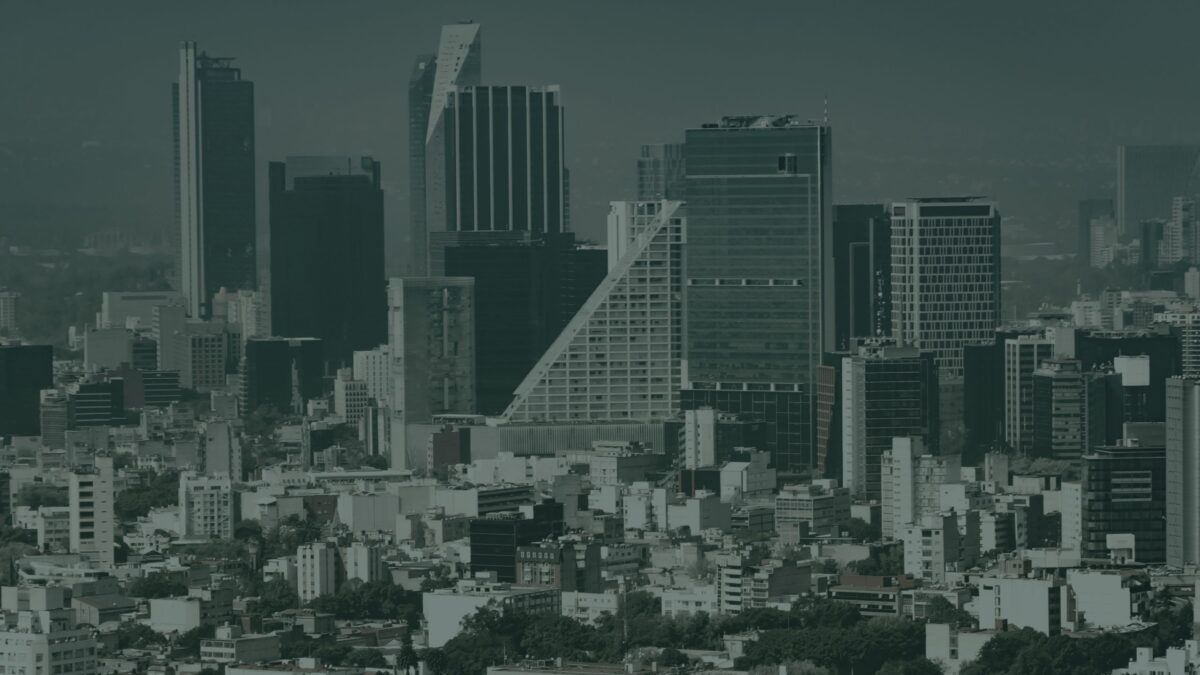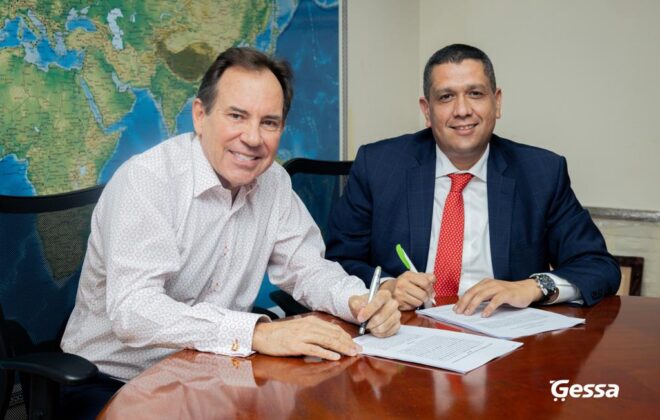
© Valeo Capital Partners 2020
Dealmaking During a Crisis: Navigating M&A Markets in Turbulent Times
One of the questions we are being asked most frequently by our clients is whether M&A is still an option during a crisis. In this article we look at some factors both buyers and sellers should look out for when contemplating deals at a time like this.
(Disponible también en Español)
In London on the morning of 10 September 2001 the global advertising company WPP launched a public offer worth over half a billion dollars to acquire a competitor called Tempus. The next day the 9/11 attacks took place and stock markets around the world crashed. A few days later WPP withdrew its offer arguing, for the first time in a public takeover in the UK, that the value of Tempus had materially declined. The story is well known among investment bankers as the first time a material adverse change (MAC) argument was used to back out of an offer in the UK. More broadly, it shows how M&A markets are vulnerable in a crisis.
A Buyer’s Market?
A crisis causes a sudden collapse in investor confidence which makes companies reconsider big strategic moves like M&A. Prices fall as a result of supply exceeding demand, creating the phenomenon known as a buyer’s market. This term implies buyers are in a comfortable position while sellers should be wary. But despite falling prices buyers also need to proceed with caution. The WPP story from 2001 is an example of a buyer withdrawing from a deal once it became clear that markets had collapsed. A handful of ill-timed acquisitions made during the 2008 financial crash were later bitterly regretted by buyers.
Aside from general decline in investor sentiment, there are more specific reasons why both sides of the deal need to adopt a cautious approach. Valuing a company during periods of great uncertainty is more difficult since valuation requires visibility on a company’s future growth. Even pinpointing the discount rate used in a valuation model becomes more challenging: the cost of equity moves with the increased volatility, and the cost of debt changes with interest rates and credit risk.
Financing an M&A transaction also becomes more challenging in a crisis. Banks become shy to lend and look for lower loan-to-values and higher interest rates. Alternative sources of capital to finance M&A such as the bond market and bridge loans provided by investment banks quickly cease to be available, especially for leveraged buyouts. And an M&A transaction paid for with more volatile shares is likely to be less attractive to the seller.
In emerging markets these obstacles are amplified. M&A markets in developing countries are less liquid and more vulnerable to closing suddenly in the face of an economic shock. Volatility in local stock markets is typically greater making pricing even less predictable. Financing an M&A deal becomes an even more formidable task because debt markets are less sophisticated to begin with. Wide fluctuations in local currencies during a crisis can add another element of complexity to executing a cross-border deal. And emerging markets often recover more slowly from an economic shock which has the effect of dampening investor confidence for a longer period of time.
Why Deals Still Get Done
Despite these challenges M&A activity still continues when markets are volatile, albeit at reduced volumes compared to periods of economic expansion. It is worth remembering that during 2008 there were over $200bn of leveraged buyouts completed globally. And in April 2020, in the midst of the coronavirus lockdown, Facebook announced a $5.7bn investment in Jio Platforms, a telecom business owned by Reliance Industries of India. This was Facebook’s second largest acquisition after its $19bn purchase of WhatsApp in 2014 and is clearly an ambitious emerging market move for the company. What does this demonstrate?
First, companies with healthy balance sheets and a good strategic position are well placed to make acquisitions when market turmoil causes weaker buyers to withdraw. Facebook reported a cash balance of $19bn at the end of 2019 meaning that it could fund its acquisition from internal resources. Facebook no doubt thought carefully about the impact of the coronavirus crisis before inking its landmark Indian deal but opted to continue with its highly strategic acquisition. This example also illustrates how certain parts of the economy, in this case the Tech sector, are less affected during a period of economic turmoil.
Secondly, companies in a relatively weak position can also use M&A as a defensive strategy during a crisis. Situations, seen frequently in 2008, include companies facing liquidity problems that sell a subsidiary to generate cash or companies with a poor performance merging with another business to create a more resilient combined group. Sometimes shareholders are unable meet additional capital requirements during times of market dislocation and decide selling to someone else with deeper pockets is an attractive option. And some sellers proceed with M&A when markets are challenging for important strategic reasons without any kind of financial pressure.
Making Use of M&A During a Crisis
To make use of M&A when markets are volatile, pricing should be discussed as early as possible to ensure that there is broad agreement between parties before proceeding. To avoid having an approach rejected at the outset, buyers need to model an economic recovery into their valuation assumptions. Sellers should prepare for an approach by carefully updating their forecasts to reflect the new operating environment and an expected rebound. They also need to pay close attention to how buyers intend to finance the transaction. Investment banking advisors also have an important role to play in assisting each side to reach an agreement during a period of economic instability.
An active M&A market is a key component of a healthy economy, providing companies a way to enter and exit investments and accomplish their strategic goals. Although sellers should be wary of trading at the bottom of the market, the common perception of a buyer’s market overlooks the fact that the buyer is exposed to increased risk too. In the end, WPP was forced by the authorities to complete its takeover of Tempus in December 2001. Markets eventually stabilized and WPP went on to become the undisputed leader of the global advertising industry. The lesson is that during a crisis both sides of the M&A deal are well advised to remain focused on their long-term strategic goals.
Valeo Capital Partners is an investment banking firm based in San Jose, Costa Rica, advising select companies in Latin America on M&A, strategy consulting, debt restructuring and capital raising.
Tags In
Recent News
- Valeo acts as exclusive financial advisor to Delimart on its sale to Gessa Supermercados.
- Valeo Capital Partners acts as exclusive advisor to Agrocosta on its sale to UPL Limited.
- Latin America’s M&A Market in 2022
- Review of Mergers and Acquisitions in Costa Rica in 2022
- Valeo advises Perfect Circle Inc on sale to The Liberty Company



